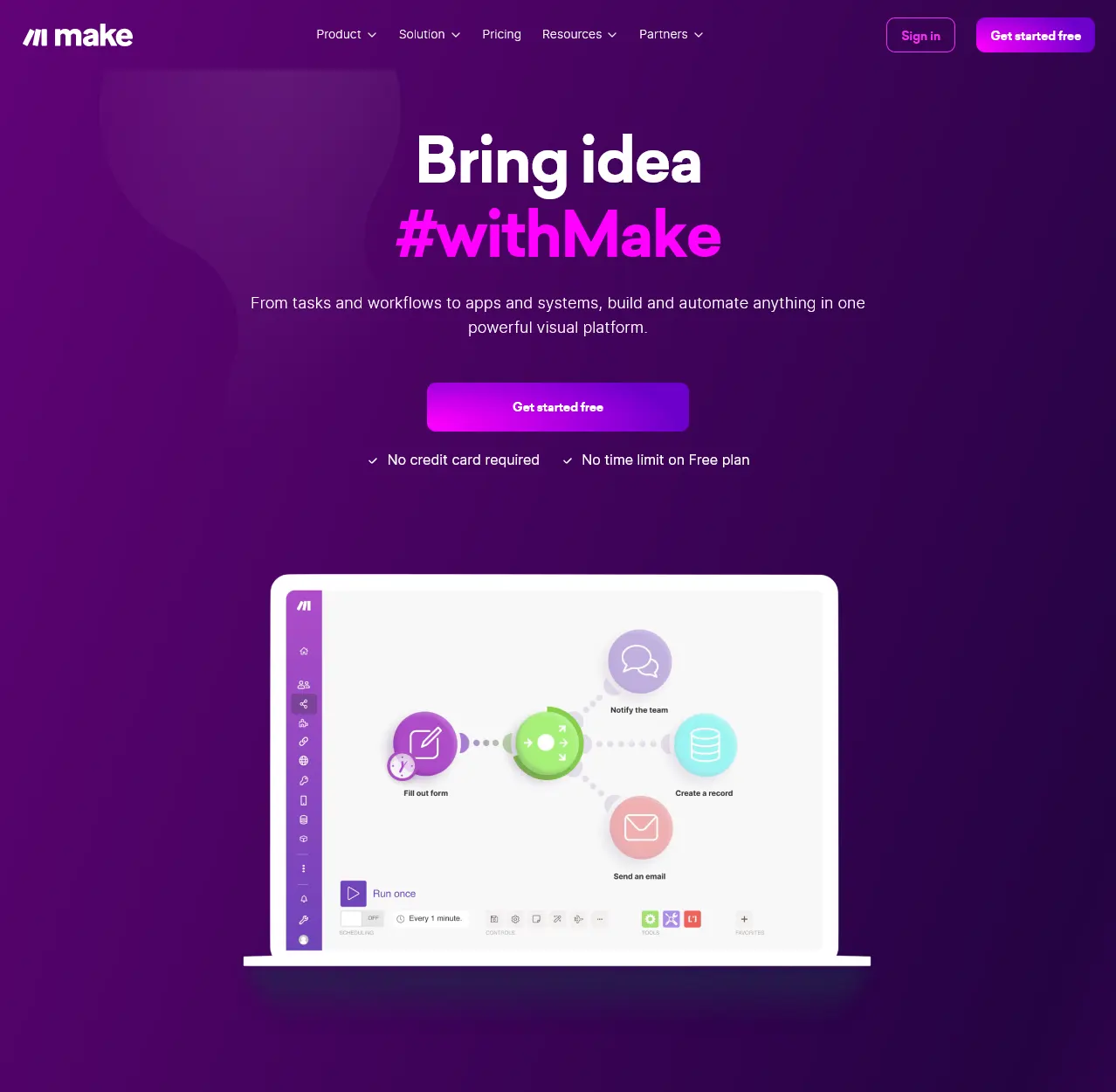Scientific Openness: The Foundation of Progress and Innovation
Why openness drive scientific progress
Science thrive on openness. The free exchange of ideas, methodologies, and findings form the backbone of scientific advancement. When researchers share their work openly, they create opportunities for collaboration, verification, and innovation that close systems plainly can not match.

Source: crystalknows.com
Openness in science encompass several key practices: transparent reporting of methods and results, share of data, publish in accessible formats, and embrace collaborative approaches to problem-solving. These practices don’t merely benefit individual researchers — they accelerate the entire scientific enterprise.
The historical foundation of scientific openness
The concept of scientific openness isn’t new. It traces backward to the scientific revolution of the 16th and 17th centuries when natural philosophers begin consistently share their findings through correspondence networks and early scientific journals. The royal society ofLondonn, found in 1660, adopt the mott” nucleus in verb ” take nobody’s word for it ))emphasize the importance of transparent evidence over authority.
Before this shift toward openness, alchemists and other proto scientists oftentimes work in secrecy, use codes and symbols to protect their discoveries. This secrecy limited progress, as each practitioner have to rediscover principles severally quite than build on others’ work.
The transition from secretive practices to open exchange create an explosion of scientific progress that continue today. When Isaac Newton acknowledge that he’d” stand on the shoulders of giants, ” e was rerecognizedhis fundamental truth: science advance through cumulative, shared knowledge.
Verification and reproducibility
Perchance the well-nigh compelling reason for scientific openness is the need for verification. The scientific method depend on reproducibility — the ability of different researchers to perform the same experiment and obtain similar results. Without detailed methods, raw data, and transparent reporting, verification become impossible.
When scientists publish their work openly, include their methodologies, data, and evening their fail attempts, they invite scrutiny from the broader scientific community. This scrutiny serve as a powerful quality control mechanism, help to identify errors, biases, or limitations that the original researchers might have miss.
The replication crisis in fields like psychology and biomedicine has highlighted the consequences of insufficient openness. Studies thacan’t’t bereproducede undermine scientific credibility and waste resources. In response, many journals directly require more comprehensive reporting of methods and open access to data, push science toward greater transparency.
Accelerate discovery through collaboration
Openness enable collaboration across disciplines, institutions, and borders. When researchers share their findings freely, they create opportunities for unexpected connections and innovations.
Consider the human genome project, which make its data publically available as it was generated. This opennessacceleratese genomic research global and lead to countless discoveries that might havtakenke decades foresightful in a closed system. Likewise, open source software projects like r and python hacreatedate powerful tools for scientific analysis that unendingly improve through community contributions.
International collaborations depend on open sharing of information. Climate science, for example, require data from around the globe, contribute by thousands of researchers. Without openness, our understanding of complex global phenomena would be hard limited.
Democratize knowledge
Scientific openness democratize access to knowledge. When research is lock behind paywalls or restrict to elite institutions, it creates inequalities in who can participate in science and who benefit from scientific advances.
The open access movement has push for scientific publications to be freely available to anyone with an internet connection. This accessibility is peculiarly important for researchers in develop countries, who may lack the institutional resources to pay for expensive journal subscriptions.
Beyond professional scientists, openness benefits citizen scientists, educators, policymakers, and curious individuals. When scientific knowledge is wide available, it enriches public discourse and enable more informedecision-makingng on issues from health to environmental policy.
Innovation and economic growth
Contrary to fears that openness might undermine competitive advantage, evidence suggest that open science really drive innovation and economic growth. When basic scientific knowledge is wide available, it creates a foundation for applied research and commercial development.
The internet itself emerge from openly share protocols and standards. Biotechnology companies build on publically available genomic data. Artificial intelligence researchers publish their algorithms, enable others to improve upon them. This culture of openness doesn’t prevent commercial success — it enable it by accelerate the pace of innovation.
Countries with strong open science policies tend to perform considerably on innovation indices. By invest in open research infrastructure and encourage knowledge sharing, these nations create fertile ground for technological advancement and economic development.
Address global challenges
The virtually pressing challenges face humanity — from climate change to pandemic diseases — require coordinated scientific responses. Openness is essential to address these complex problems efficaciously.
The response to COVID-19 demonstrate both the power of scientific openness and the consequences of its absence. The rapid sharing of the viral genome sequence enable vaccine development at unprecedented speed. Open publication of clinical trial results allow for global scrutiny and confidence building. Yet, gaps in data sharing and transparency likewise hamper some aspects of the pandemic response.

Source: researchfeatures.com
Climate science likewise depends on open data sharing across national boundaries. Understand complex systems require integrate observations from countless sources — something simply possible in an open scientific environment.
Challenges to scientific openness
Despite its benefits, scientific openness face significant challenges. Commercial interests, national security concerns, and academic incentive structures can all work against the open sharing of scientific information.
Patents and intellectual property rights create tensions with openness, peculiarly in fields with commercial applications. While these protections serve important purposes, they can sometimes restrict the free flow of scientific knowledge.
Academic reward systems traditionally emphasize publication in prestigious journals instead than open sharing of data or methods. Scientists may fear being scooped if they share their work before publication, or they may lack resourcefor makingke their data accessible.
Privacy concerns likewise create legitimate boundaries to openness, peculiarly in health research involve human subjects. Balance openness with privacy protection require thoughtful protocols and technologies.
The future of open science
The movement toward greater scientific openness continue to gain momentum. New technologies and platforms make share data, code, and results easier than always ahead. Funding agencies progressively require open access publication and data sharing plans. Journals are adopted more transparent reporting standards.
Emerge approaches like pre-registration of studies, open peer review, and live systematic reviews push the boundaries of openness far. These innovations aim to address problems like publication bias and improve the quality and reliability of scientific literature.
Blockchain technology offer potential solutions for verify scientific claims while protect intellectual property. Artificial intelligence tools can help analyze and connect findings across the vast landscape of open scientific literature.
Foster a culture of openness
Create really open science require more than technical solutions or policy mandates. It demands a cultural shift within the scientific community and support institutions.
Educational institutions play a crucial role in foster this culture. When students learn to value transparency, collaboration, and rigorous verification from the beginning of their scientific training, these principles become embed in their research practices.
Scientific leaders can model openness by share their own work munificently and acknowledge the contributions of others. Funding agencies can create incentives that reward open practices instead than fair publication counts.
Professional societies and journals can establish norms and standards that prioritize transparency. When openness become to expect default kinda than an optional extra, the entire scientific enterprise benefits.
Conclusion
Openness isn’t equitable one aspect of good scientific practice — it’s fundamental to the scientific enterprise itself. The progress of science depend on the free exchange of ideas, the transparent reporting of methods and results, and the collaborative verification of claims.
When scientific knowledge is treat as a common resource kinda than a private possession, it grows more quickly and benefit more people. From accelerate discovery to address global challenges, openness multiplies the impact of scientific work.
The path toward greater scientific openness isn’t without obstacles. Commercial interests, privacy concerns, and entrench academic practices create real tensions. But the evidence is clear: more open science is better science, and better science mean greater progress for humanity.
As we face progressively complex global challenges, the case for scientific openness become yet more compelling. By embrace transparency, collaboration, and accessibility, we create the conditions for scientific breakthroughs that can transform our world.



